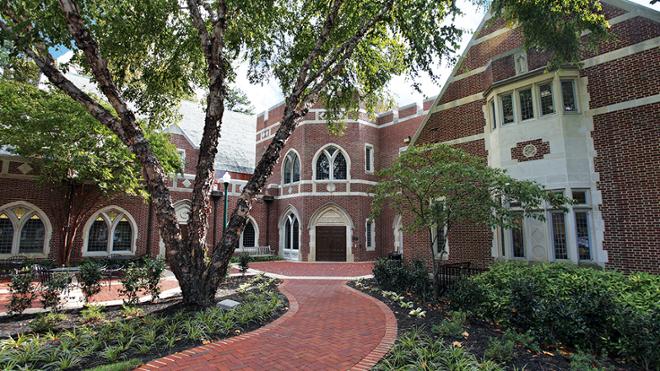
Read Full Article (PDF)
Redemption
Lawyer and University of Richmond Law graduate Robert C. Smith—the great-great-grandson of T.C. Williams, Sr.—has recently claimed that his family is owed a refund of $3.6 billion from the University of Richmond, stemming from donations that Williams, for whom the University of Richmond School of Law was officially named from 1920 until September 2022, made to establish and sustain the school. Though the law school had not referred to itself as the T.C. Williams School of Law for some two decades, the University formally changed the law school’s name because Mr. Williams “owned and managed slaves in both his professional and personal capacity.”
Smith is likely aware that he would have no standing before a court of law, or an actionable claim, for the recovery of the money his great-great-grandfather donated to the University of Richmond, much less a sum greater than the entire University endowment. Smith’s demands appeal more to Smith’s view of morality than the law of contracts. By demanding not only the money that Williams donated, but a sum that is greater than the University’s endowment, Smith essentially suggests that unless the Law School bears Williams’s name, it should not exist. On this point, and several others, he is mistaken.
By publishing his letters, and the stunning defenses of slavery contained therein, Smith is waging a battle that is not so much legal as it is rhetorical—and he does so with a particular audience in mind. Through this battle, Smith is attempting not to redeem a financial debt, but rather, to redeem his family’s honor vis-à-vis America’s present culture wars.
Where Smith fails to articulate a compelling claim for contractual breach, he does make an excellent case for reparatory justice. Unlike Smith’s far-fetched demands for the return of Williams’s gift, reparative justice to those exploited and otherwise harmed by enslavement does have a basis in law.
Marissa Jackson Sow *
* Assistant Professor, University of Richmond School of Law
